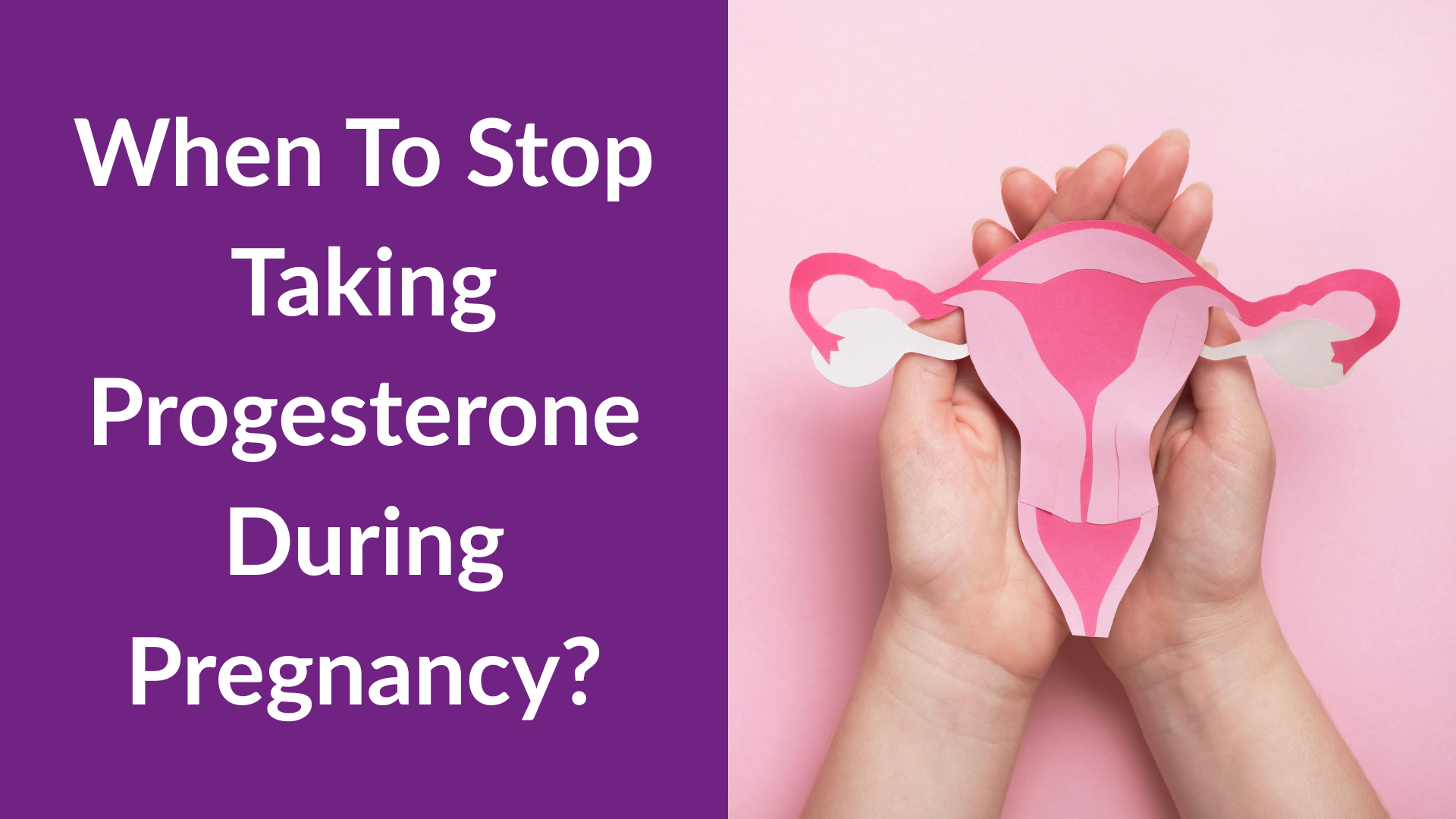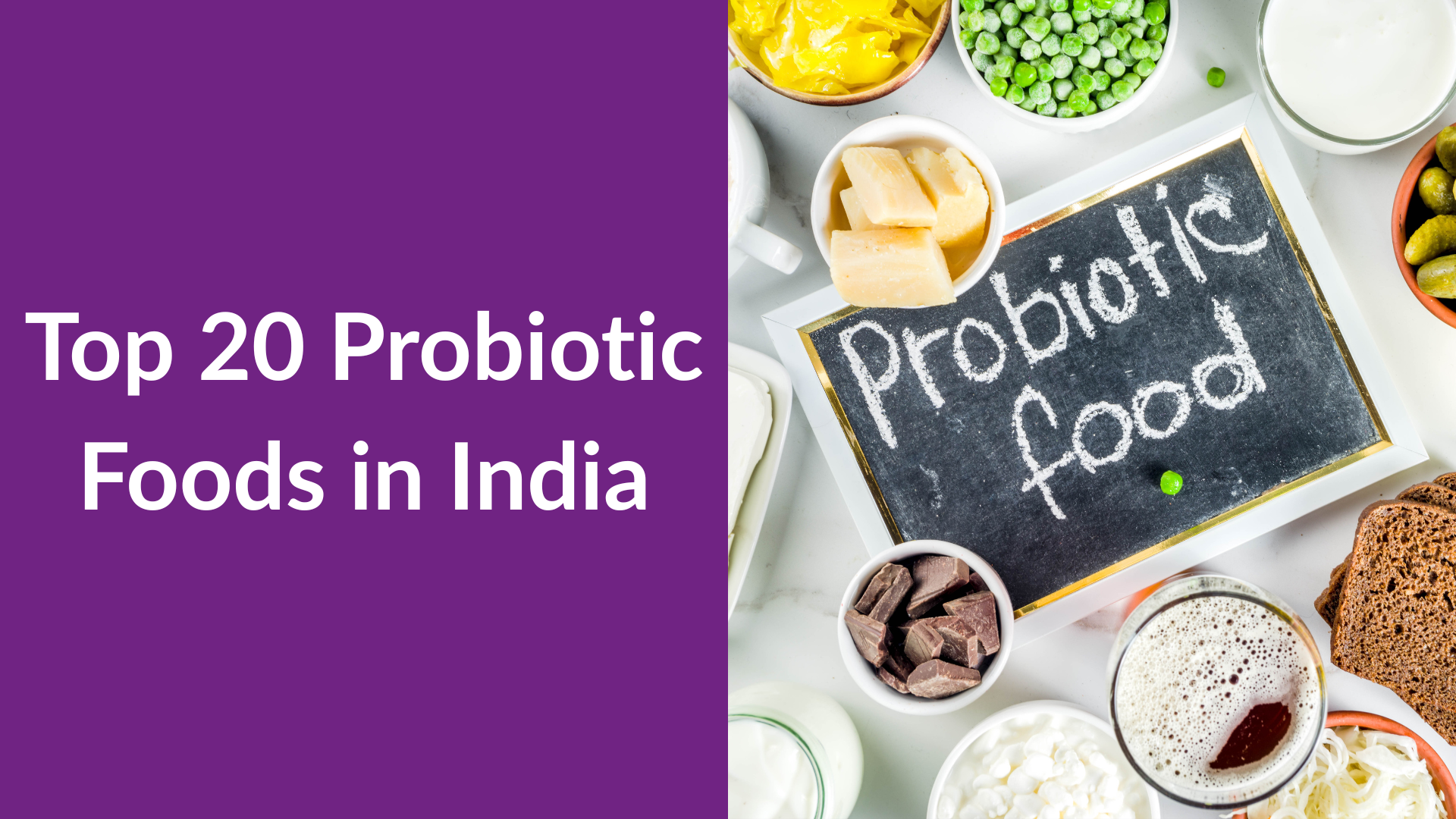Progesterone is a “pregnancy-sustaining hormone” that plays a vital role in preparing the uterus for implantation, maintaining early pregnancy, and preventing miscarriage. But one of the most common questions women ask after a positive pregnancy test — especially those who have conceived through fertility treatments or have had previous miscarriages — is: “When should I stop taking progesterone during pregnancy?”
In this comprehensive guide, we’ll walk you through everything you need to know: from when to start progesterone, why it’s important, to when and how it should be stopped — all based on the latest medical guidelines, research, and clinical expertise.
Why Is Progesterone Important During Pregnancy?


Progesterone is essential for:
- Maintaining the endometrial lining for embryo implantation.
- Suppressing uterine contractions in early pregnancy.
- Supporting early placental development and fetal nourishment.
- Modulating the immune system to prevent maternal rejection of the embryo.
- Reducing miscarriage risk, especially in women with prior pregnancy losses.
- Preventing preterm birth in high-risk pregnancies.
Natural progesterone is produced first by the corpus luteum (early pregnancy) and later by the placenta (starting around 10–12 weeks of gestation).
When Is Progesterone Prescribed?
Progesterone supplements are typically prescribed for:
| Indication | Duration of Use |
| Recurrent miscarriage | From positive test until 12–16 weeks |
| Vaginal bleeding in early pregnancy | Until 16 weeks, if criteria are met |
| Fertility treatments (IUI, IVF, ICSI, FET) | From ovulation/transfer to 10–14 weeks |
| Luteal phase deficiency | Until placental takeover at ~12 weeks |
| Prevention of preterm birth | From 16 weeks to 36–37 weeks |
Note: The duration may vary based on your individual history and protocol.
When To Stop Taking Progesterone During Pregnancy?
The most common and medically accepted time to stop progesterone is between 10 to 16 weeks of pregnancy. However, this varies depending on the reason for supplementation.
In Fertility Treatments (IVF, ICSI, FET)
- Discontinuation Timeframe: Usually between 10 and 12 weeks.
- Why: By this point, the placenta is developed enough to take over hormone production.
- Tapering or abrupt?: Many clinics advise a gradual taper, while others stop abruptly after 12 weeks — both are generally safe if the placenta is functioning well.
After Miscarriage or Bleeding in Early Pregnancy
- Discontinuation Timeframe: Often at 16 weeks, based on NICE guidelines and available research.
- Why: Clinical studies supporting progesterone for miscarriage prevention administered it until 16 weeks.
- Key Consideration: Progesterone is only effective in women with early bleeding and a history of miscarriage.
Prevention of Preterm Birth
- Discontinuation Timeframe: Continued until 36–37 weeks.
- Why: In high-risk cases, vaginal or injectable progesterone reduces the risk of spontaneous preterm delivery.
Is It Safe to Stop Progesterone Suddenly?


There is no strong evidence suggesting that stopping progesterone suddenly at 12 or 16 weeks increases the risk of miscarriage or pregnancy loss. However, many clinicians prefer to taper gradually to minimize patient anxiety and allow the body to adjust.
💡 Always consult your doctor before stopping. Individualized care matters more than one-size-fits-all protocols.
What The Guidelines Say?
| Organization | Guidance |
| NICE (UK) | Continue progesterone until 16 weeks in women with bleeding and previous miscarriage. |
| ACOG (USA) | Use progesterone to prevent preterm birth up to 36 weeks in high-risk women. |
| ESHRE | For IVF, stop at 10–12 weeks if pregnancy is stable. |
Conclusion: Follow Personalized Medical Advice
There’s no single “perfect week” to stop progesterone — because every pregnancy is different. While general timelines exist (like stopping at 12 or 16 weeks), the best decision comes from a thorough discussion with your fertility doctor or obstetrician.
Whether you conceived naturally, through IVF, or have had previous pregnancy losses, the decision to stop progesterone must be tailored to your gestational age, pregnancy health, and risk profile.
FAQ – When To Stop Taking Progesterone During Pregnancy?
1. What happens if I stop taking progesterone while pregnant?
Stopping progesterone too early in early pregnancy can risk miscarriage, especially in IVF or high-risk pregnancies. Progesterone supports the uterine lining and early embryo development until the placenta takes over hormone production, usually around 10–12 weeks. Always consult your doctor before making changes.
2. Can too much progesterone harm a baby?
Excess progesterone during pregnancy is generally not harmful to the baby. The body and placenta naturally regulate hormone levels. In fertility treatments, dosages are closely monitored. However, unnecessary supplementation without medical supervision may cause side effects. Always use progesterone under medical guidance.
3. How to stop progesterone naturally?
Progesterone can be tapered off naturally once the placenta starts hormone production, typically by 10–12 weeks of pregnancy. Your doctor may gradually reduce the dose to avoid sudden hormonal shifts. Never stop progesterone abruptly without medical advice, especially after IVF or in high-risk pregnancies.
4. When does the placenta take over progesterone?
The placenta typically takes over progesterone production between 10 to 12 weeks of pregnancy. This process is known as the luteo-placental shift. Until then, the body or medication provides progesterone to support the early stages of pregnancy and prevent miscarriage.
5. What are the symptoms of low progesterone?
Low progesterone may cause symptoms like irregular periods, spJotting, difficulty conceiving, or early pregnancy loss. In pregnancy, it can lead to uterine instability and increase miscarriage risk. Symptoms like mood swings, low libido, and sleep disturbances may also appear due to hormonal imbalance.




